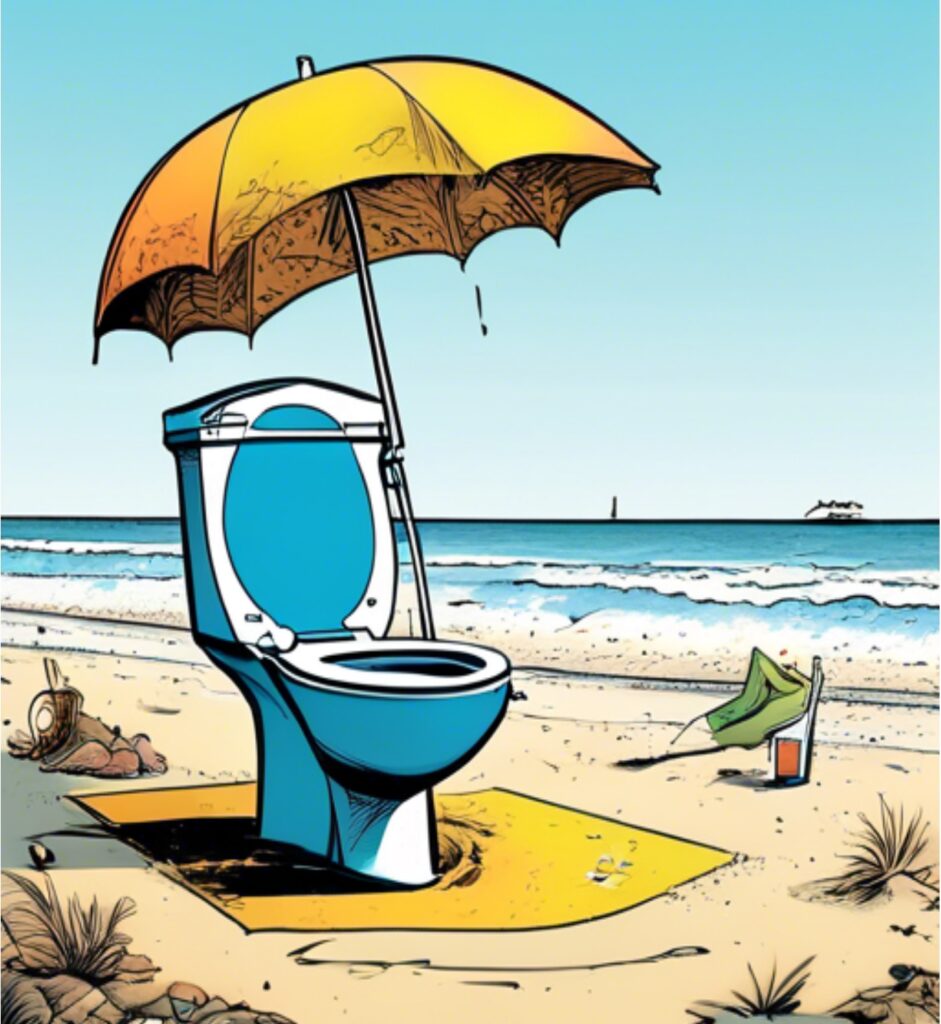How to Keep Your Cash
No one is excited to spend hard-earned money on plumbing problems. You are stashing that extra cash away for a trip to the Bahamas, right? So, how do you avoid costly plumbing repairs and make sure you get to have your time in the sun?
Perform regular maintenance. The most efficient way to keep your plumbing costs down is to spend a little money — just a little — on semi-annual maintenance. Every year or two, invite a plumber to come have a look. They will clean up leaks, corrosion, build-up, and other signs of stress. This preventative maintenance will keep your systems running smoothly and prevent larger problems from surprising you down the line.
Don’t wait. If you notice anything unusual — from gurgling noises or creaking sounds to a slow-draining toilet — have it checked out. Call MetroConnects first so we can see if there are any backups or leaks on our side of your lateral pipes. If there are, we will get it straightened out for you. If not, we will suggest the next steps, such as calling a plumber to clear up your side of the lines or having your fixtures fixed.
Cap your clean-out. A clean-out is an access point where plumbers and maintenance crews can access sewer lines to clear out blockage. The clean-out cap is located at the ground level usually somewhere in front of your house or unit. These caps can be easily damaged during landscaping projects or mowing the lawn, so you must inspect them often. Keeping your clean-out capped will prevent debris and rainwater from entering the sanitary sewer system.
Treat your drains gently. Harsh chemical cleaners and liquid drain cleaners are hard on your pipes. Repeated use can cause deterioration, cracks, and leaks. Use non-abrasive cleaners for your tubs and sinks (try a vinegar and baking soda solution) and use a plastic snake to clear clogged drains. If the clog is extensive, call a plumber.
Fight the FOG. No fats, oils, or greases down the drain or garbage disposal. These will cause “fatberg” build-ups and costly pipe repairs. Pour used cooking oil or grease into a container then throw it away. Scrape your scraps into the trash as well, especially if they include meat, grease, dairy products, or starchy foods like potato skins or pasta.
Watch what you flush. Toilet paper and bodily fluids are all that should go in the toilet, ever. Do not flush feminine hygiene products, including tampons, or sanitary wipes, including those that advertise themselves as “flushable.” Even the so-called flushable wipes do not break down fast enough to keep your pipes safe.
When in doubt call MetroConnects! We can help you take steps to keep your systems safe. You will soon be on your way to a fruity drink on the beach!
